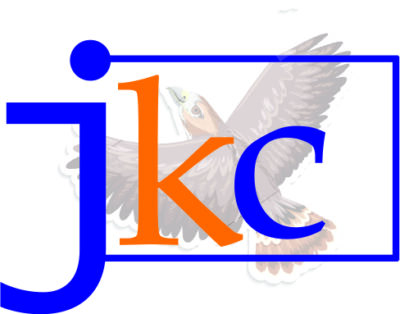IMF Report on the Economy of Nigeria
On 6 February 2023 the IMF published a report following consultations with Nigeria under Article IV of the IMF’s articles of agreement.
Nigeria’s economy has recovered from the pandemic due to favourable oil prices and increased consumption. Economic growth is estimated at 3% for 2022. The general government fiscal deficit is however estimated to have widened in 2022, owing to high fuel subsidy costs. Socio-economic conditions remain difficult as a result of the effects of the Ukraine war which have pushed up domestic food prices.
There are downside risks in the short term as high international food and fertilizer prices could increase inflation. The oil sector faces possible production and price volatility, and climate-related natural disasters could damage agricultural production. In the medium term, there are upside risks from a larger rebound in oil and gas production and from the positive effects of reforms.
The report recommended decisive fiscal and monetary tightening to secure macroeconomic stability, and structural reforms to improve governance, strengthen the agricultural sector and boost sustainable growth. The report noted that Nigeria must proceed with fiscal reforms to build the necessary policy space and control public debt. The government commitment to remove fuel subsidies by mid-2023 should be carried through, combined with an increase in targeted social spending.
Revenue mobilization should be strengthened through reforms to the tax administration and expansion of the tax automation system with strengthening of taxpayer segmentation. Improved tax compliance should be a priority and in the medium term the customs administration should be modernised. Tax incentives should be rationalised and tax rates should be increased to the levels of the Economic Community of West African States (ECOWAS). The report welcomed Nigeria’s intention to join the African Continental Free Trade Agreement.
The report emphasized the need to increase the effectiveness of the anti-money laundering/combating the financing of terrorism (AML/CFT) framework and welcomed the ongoing efforts to increase financial inclusion, with promotion of the use of mobile money with appropriate regulation and supervision. The performance of the agricultural sector should be improved to increase job creation and food security. Governance reforms should be implemented and transparency and accountability in the oil sector should be increased.


